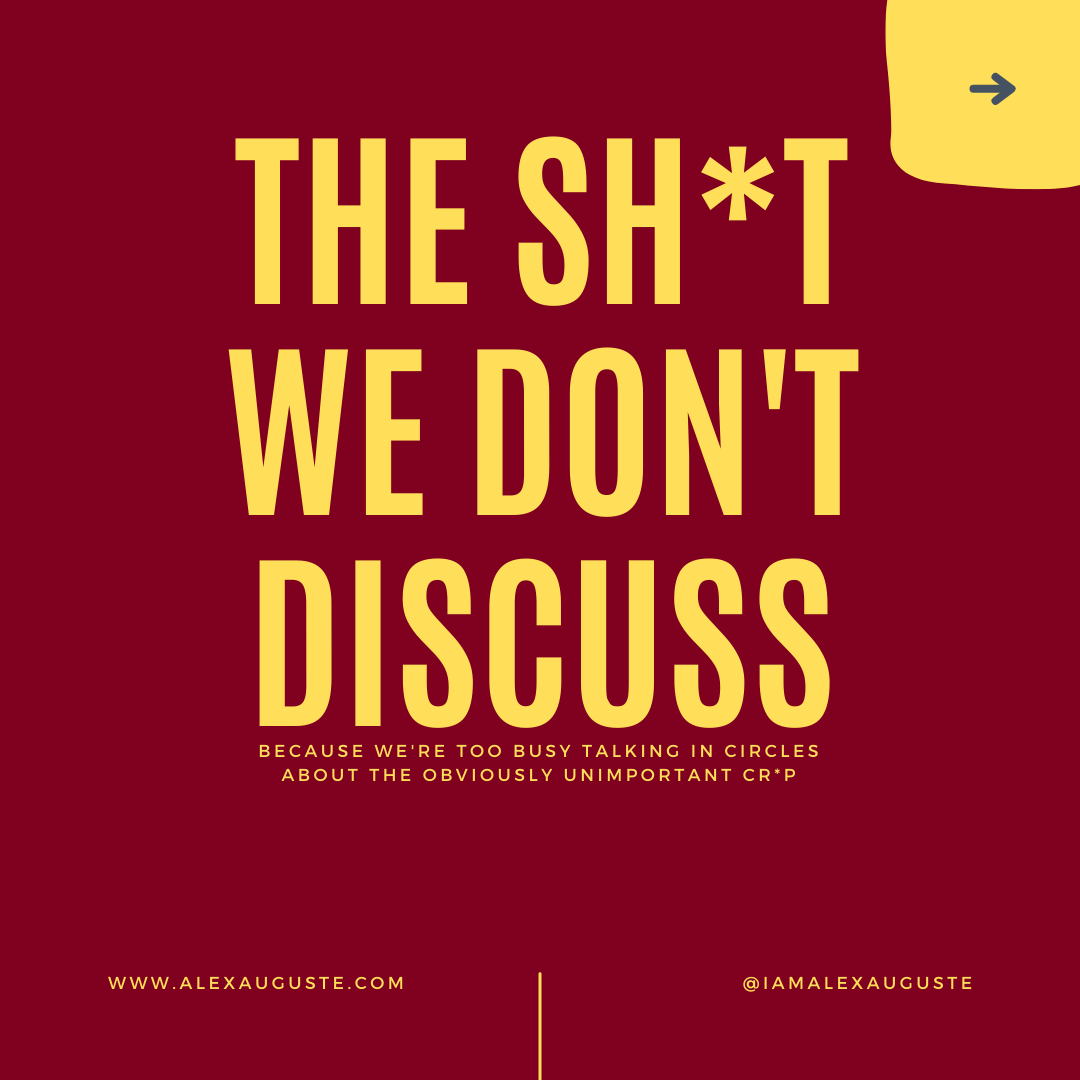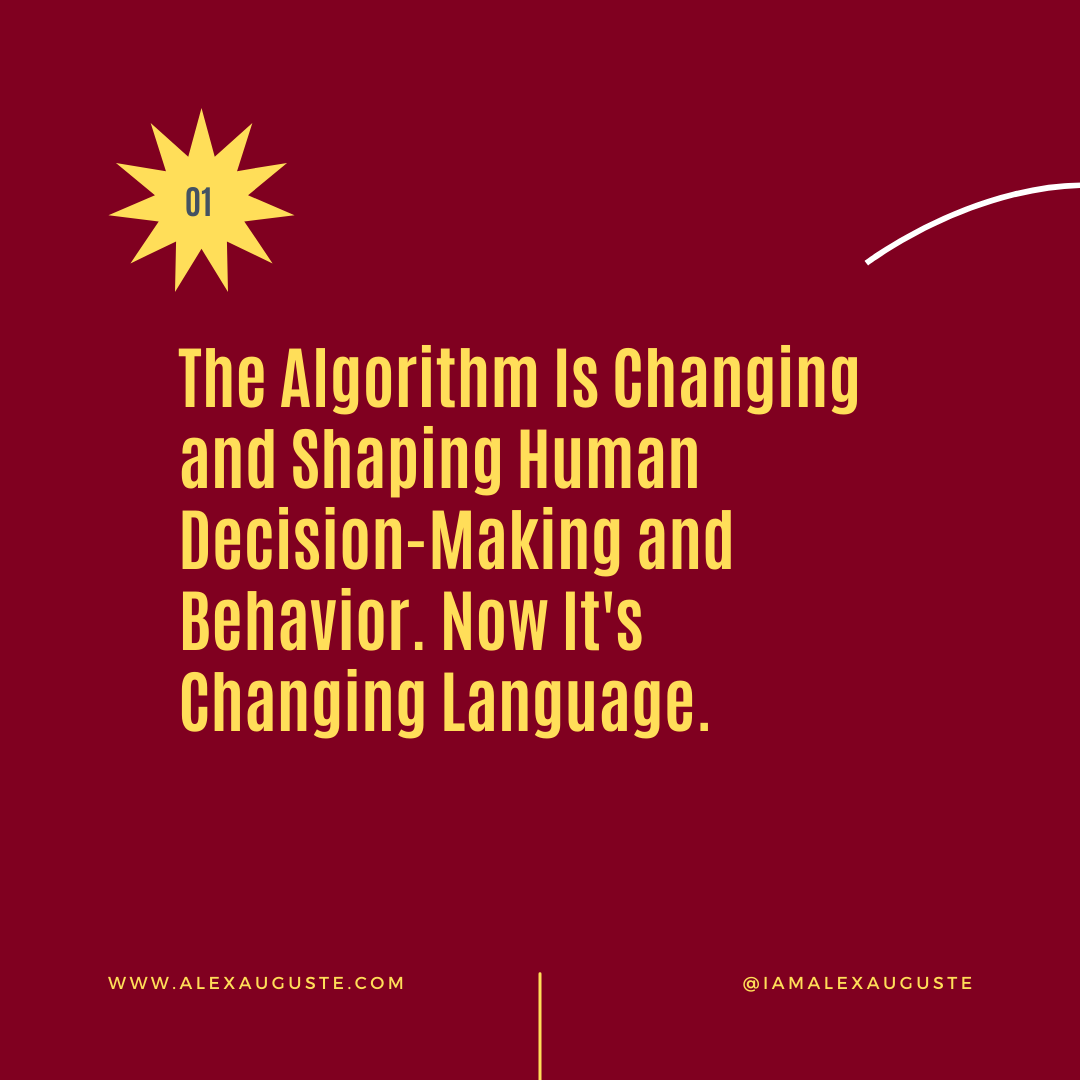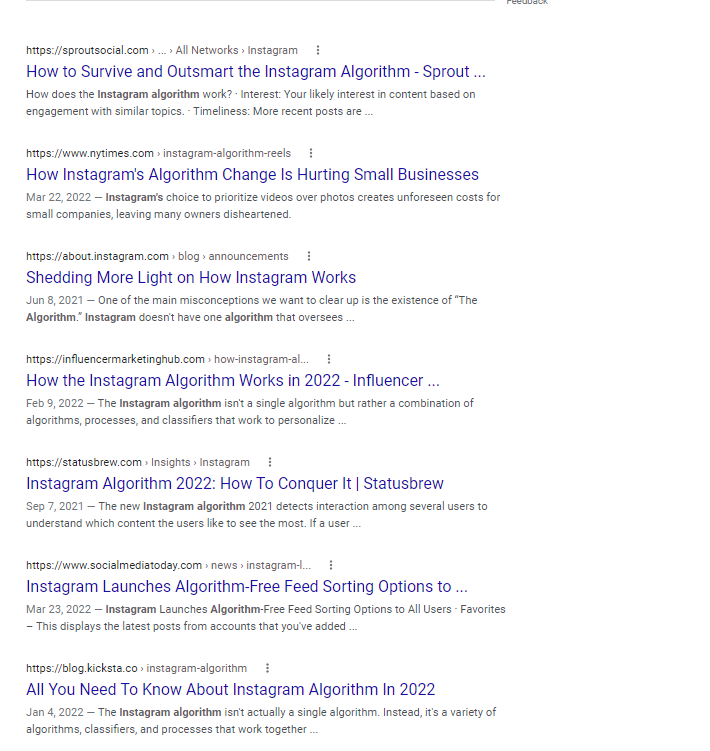The Sh*t We Don't Discuss...

The Sh*t We Don't Discuss Because We're Too Busy Talking In Circles About the Obviously Unimportant Cr*p.
I know. It's an obviously long title for a blog series, but over the last bundle of months - and some years now - I've looked at certain internet topics a little differently. It's likely because since writing We Missed A Meeting, nothing ever really seems like coincidence to me. The book came from an idea sparked during conversation following The Ferguson protests of 2014, and started writing in 2017, published in 2018. While the plot was predicting some uncomfortable events that would come to take place in 2020, I had the chance to sprinkle in some conspiracy theories in here and there, and my own predictions of what some worst-case scenarios might look like.
But in the writing of the book, and in the overall planning of the series, I had ended up doing a lot of research to help support a realistic plot that was gonna grab people.
I say all of that to say, our real 2020 made the book's 2020 look like a walk through Disney World. And crazy enough, some of the things I researched to use in the plot, have actually just grown more and more agitated over the last four years.
A good example is during one of the book's opening scenes, there's a discussion about why anyone would bank with WellsFargo after they were sanctioned and fined in 2016 for an illegal practice of paying employees bonuses for a quota of bank accounts that were opened. The quota itself wasn't the wrongdoing, but instead that many tellers and reps were coached on how to open bank accounts in customers names without their consent to assure they met their individual and branch quotas.
Fastforward nearly six years after that sanction, and WellsFargo just recently was in the fire again (as recent as March 2022) for racially discriminatory practices of denying more 50% of Black applicants for home refinancing.
Despite the precedence, people still seem to bank and own shares of WellsFargo stock.
So, this blog series connects that theme together from We Missed A Meeting with some progressive discussions on business, marketing, technology, and society.

When people refer to "The Algorithm", I'm not sure they actually know what they're referring to.
Let me break it down. After years of machine learning, social media companies put in on investments for algorithms to shape a user's experience around what they like. Think of an algorithm as this constant and continuous mathematical equation solving for what works best for a certain situation. So, naturally if there's an algorithm for what you like, then there's one for what you post - and it's all gathering information and continuously learning so it understands the best way to ultimately sell and convert advertising. When social platforms changed from chronological timelines and feeds to more algorithm-based feeds, it changed everything, though.
I like to call back to former Twitter CEO, Jack Dorsey, when he sat down with Joe Rogan for a podcast episode about Twitter's early start.
Jack Dorsey talked about how a lot of what we originally fell in love with Twitter for, was organically created by the users themselves. Form hashtag use, to using the @ symbol to mention other users, everything about Twitter and how it was growing was happening organically by way of the users contributing these new best practices themselves.
You might recall a time long before threads were a thing, people would just continuously publish tweets, and then copy and paste the links over one another as a quoted retweet. Or that even private accounts could be quote retweeted. You might remember the differences between quote retweeting and adding your new message at the end of the post versus before it. There were so many different ways that users would use the platform and it eventually somewhat standardized across it to the platform we know today.
Instagram is going to have a much different story. The platform started off, also very archaically, as almost a Flickr-style photo journal and now is this thing. I'm defining "thing" right now as an essential component to the engine any business wants to use for online reach, marketing, and sales.
But I'd almost argue that Instagram long abandoned gathering user's behavior to drive its new growth track. I'd actually argue whether they ever gathered that data at all to be honest. Instagram moreso seems to have mimicked the aspects of other platforms like Vine, Snapchat, Twitter/Periscope, and Tik-Tok, as a means to vacuum and lock in draw its biggest pool of users and consumers: iOS users.
This may seem like heresay, but in Instagram's 10-year history, it has yet to shift from its iOS-first model, even after finally being available on Android OS in April of 2012. The relevancy of this is by adding geolocation, lives, video functions, photos, reels, direct messages, phone calls, video calls, shops, and more, it's difficult to not live within the platform for your social and business uses. And with that much use, there's that much data on human behavior being gathered.
But today, Instagram and Tik-Tok easily have the strongest algorithms - and the toughest policies on content.
And because of the undying need for virality - among almost all groups and demographics now - people are willing to "shake" however the platforms need to in order to either get their content out, or get their content out to achieve whatever goals they have, and that is where the line gets drawn on who's in charge.
It doesn't take long scrolling through Instagram reels to see, "Use this audio to go viral". A few steps later, there is "Instagram is boosting small profiles that use this audio for 7 second reels". Like a really dark episode of Black Mirror, Instagram is now shaping human behavior, exposing us to music we otherwise wouldn't hear, promoting music that we definitely wouldn't even care to listen to, and boosting a number of corporations' objectives all in hopes that joining in on the "fun" gets us 15 seconds of fame (that was a pun, too, by the way).

According to recent reports as well, since the start of the pandemic, the algorithm has also shifted language significantly online as well. Because of misinformation surrounding the COVID-19 virus, Tik-Tok and Instagram have done some throttling down of posts and thus birthed tip-toe language and symbols used to help accounts get their message out while avoiding being punished by the algorithm. As I write it it sounds like a page out of Ayn Rand's Anthem, or Orwell's 1984.
Read: Gen-Z Won't Let Tik-Tok Stop Them From Talking About Suicide
There are folks, though, who don't believe in things like so-called shadow-banning. It's a term used to describe when a person's account simply cannot perform in a way that gets them viewership correctly. I recall starting a new Instagram page (my current one) in March of 2020 because my previous page (now used for VividLife Apparel) was believed to be shadow-banned. Videos receive less than 10 plays? Photos with hashtags that get 2 likes? Stories that sit online for hours with less than 10 views? It's all situations that seem either untimely, unlikely, inconveniencing, and unsatisfying, but outside of the instant gratification, for most users who experiences these lulls and nuances, it's just straight up fucking confusing.
Algorithms are causing human language to reroute around them in real time. I’m listening to this youtuber say things like “the bad guy unalived his minions” because words like “kill” are associated with demonetization
— badidea 🪐 (@0xabad1dea) December 15, 2021
And so, the frustration is not the fact that folks aren't going viral, or that they're throwing a hissy fit, the frustration is that everything done on these applications now has to satisfy the algorithm, rather than appeal to the users' audience. I think it's safe to say most people aren't eager to go viral, per se, but if they've got 1900 followers, they'd like to know that at least 703 of them are able to be exposed to the piece of content (that's a random assumption that 25% of your followers are bots or inactive; 3% don't actually care for you; 20% are just aimlessly dead scrolling through the feed; and a final 15% forgot they even followed you).
Again, the numbers and some of this might be hypothesis, but if we revisit the topic of the blog, we can look at this as shining a light on the fact that what could have and should have been a "simple algorithm" (I don't actually believe any algorithm is simple) has now taken a deep shaping of human behavior and language in the 2020s. It has a way of sounding very heavy into the conspiracy theory, but the reality is: it's reality.
And it's the sh*t we're not talking about.
Member discussion